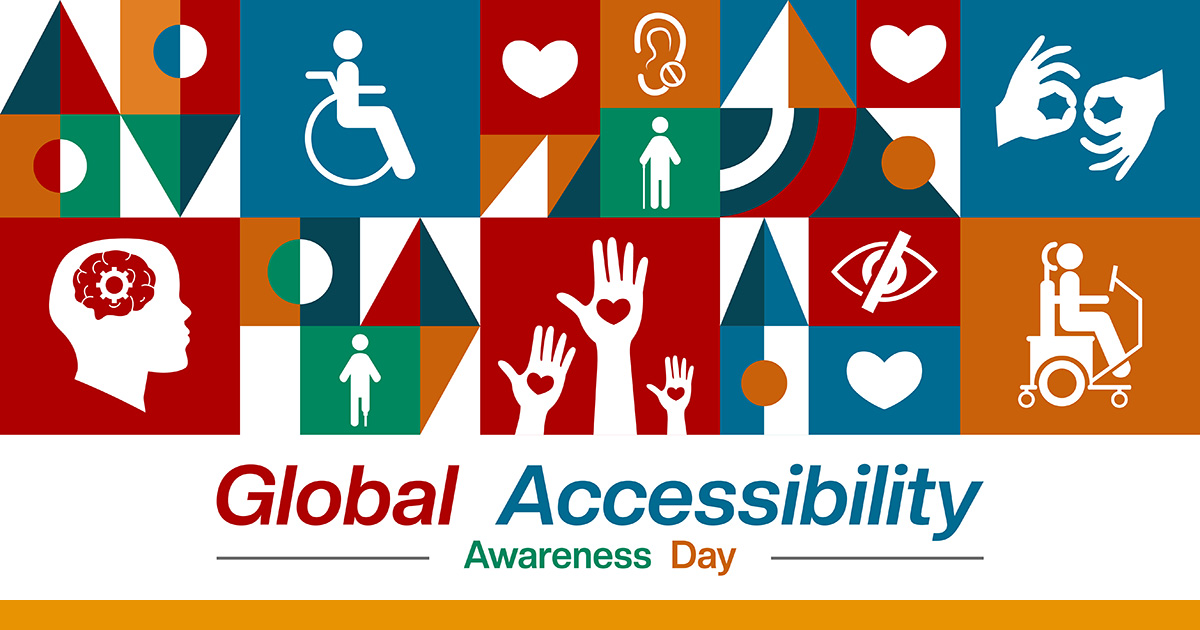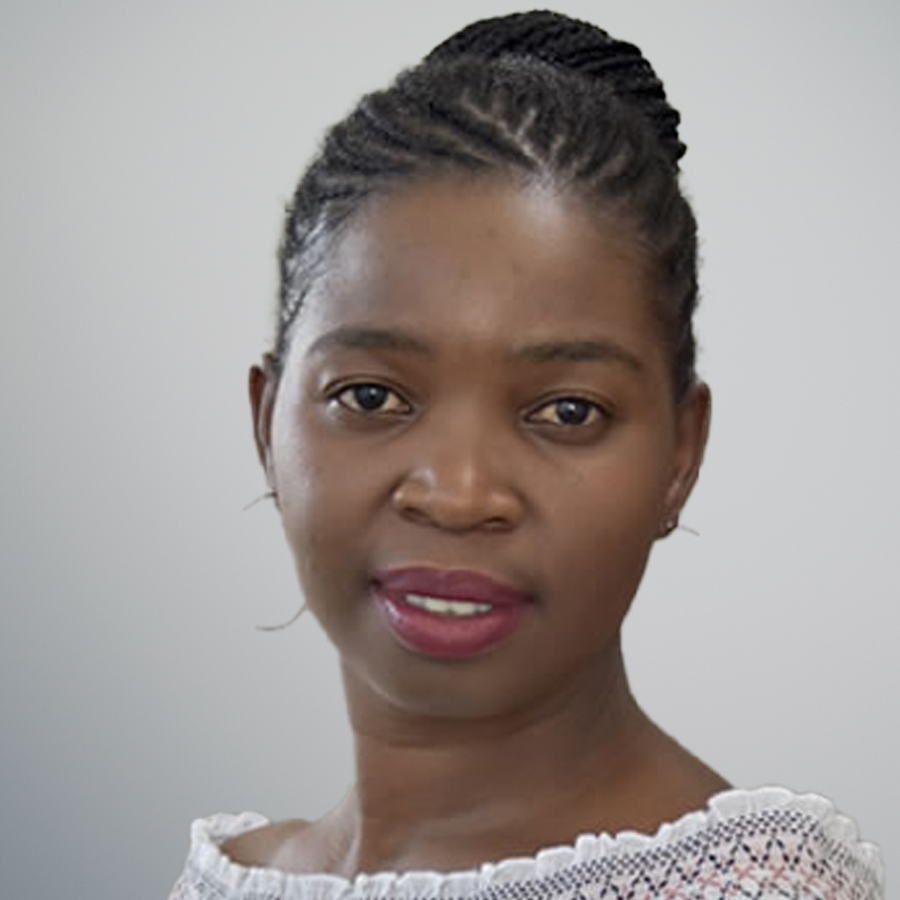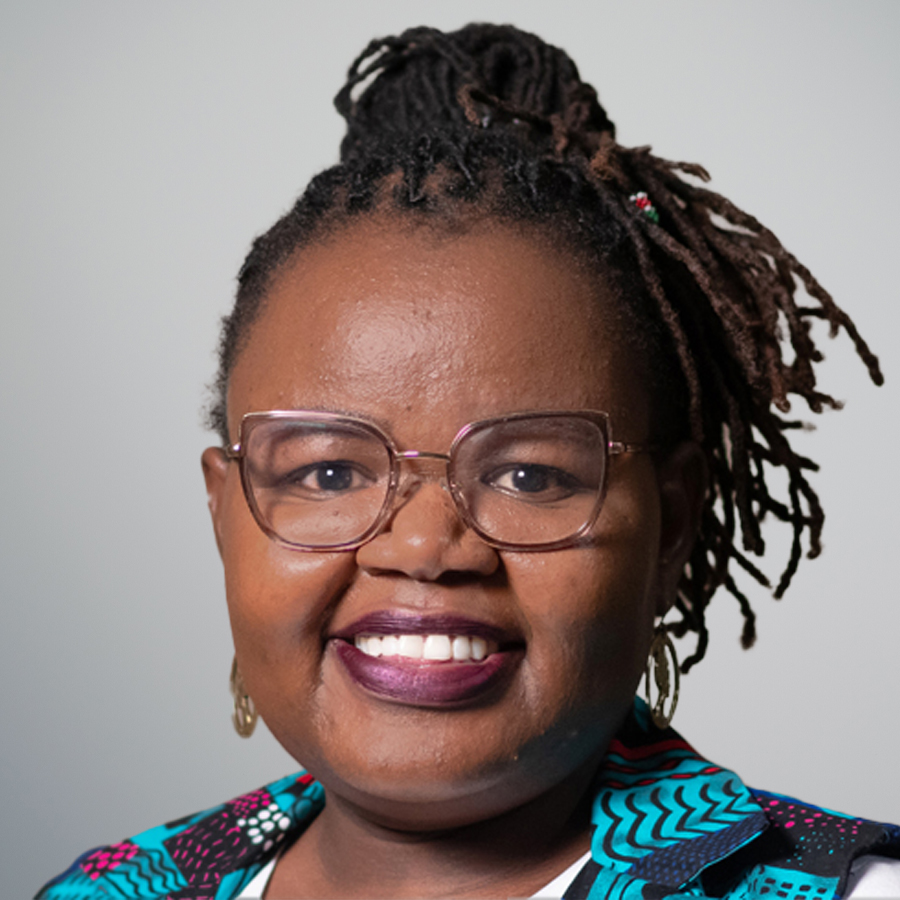On this 15th day of May 2025, the Centre for Human Rights, Faculty of Law, University of Pretoria (the Centre) joins the international community in commemorating Global Accessibility Awareness Day (GAAD). This international initiative aims to raise awareness about digital access and inclusion, particularly for the more than 1.3 billion persons with disabilities (PWDs) worldwide. GAAD began in 2011 as a blog post by Joe Devon, urging developers to consider digital accessibility. Since then, it has evolved into a global movement, observed across industries, sectors, and regions. Today, GAAD continues to spotlight the often invisible barriers that hinder full and equal participation in the digital world, advocating for a future where technology is truly inclusive for all. The Centre for Human Rights stands in solidarity with this movement, advocating for a digital future that is inclusive, accessible, and equitable for all.
Digital accessibility refers to the design and development of websites, mobile applications, and other digital platforms in a manner that ensures usability for all individuals, including those with visual, auditory, motor, and cognitive disabilities. Despite its importance, accessibility is still far from being a universal standard. PWDs face significant barriers to digital inclusion, resulting in lower levels of employment, education, and access to essential public services. The Mobile Disability Gap Report 2021, highlights that fewer than 50% of PWDs in Africa own smartphones, currently the primary means of internet access. This digital divide is further exacerbated by systemic challenges including:
- Low broadband penetration: As of 2023, internet access in sub-Saharan Africa stands at just 39%, compared to 87% in Europe.
- High data costs: The 2023 Mobile Tax Policy and Digital Development Study reports that in many African countries, 1GB of mobile data costs the equivalent of 4% of monthly GDP per capita, disproportionately affecting marginalised populations.
- Limited local content: Africa's contribution to the global digital landscape is significantly lower than other regions, impacting the diversity of content available.
These realities are indicative of the challenges encountered by millions of Africans with disabilities who are excluded from opportunities in education, employment, health care, and civic engagement.
For many, innovation is regarded as an inherently positive force, broadening horizons, bridging geographic divides, and enhancing the efficiency of daily life. However, Global Accessibility Awareness Day serves as a critical reminder that technology is not, by default, inclusive. While technological advancements hold immense potential to improve the lives of persons with disabilities, inaccessible design and exclusionary digital ecosystems often exacerbate existing disparities and entrench marginalisation. Accessibility is not merely a technical consideration; it is a matter of dignity, autonomy, and equitable participation in society. When a student with a hearing impairment is unable to engage with online learning due to the absence of captions, or when a visually impaired entrepreneur encounters barriers in navigating e-commerce platforms because of inadequate screen reader compatibility, the abstract concept of digital exclusion manifests as tangible, lived inequality. Moreover, language and cultural representation remain important, yet often overlooked, dimensions of accessibility. A significant proportion of accessible digital content is produced in English or other globally dominant languages, despite the fact that over 2,000 languages are spoken across Africa alone. This linguistic disparity systematically excludes large segments of the population from benefiting fully from digital innovations leaving them behind not due to lack of capacity, but because of unaddressed structural barriers in content design and dissemination.
The Centre for Human Rights reaffirms that digital inclusion constitutes a foundational pillar in the realisation of economic, social, and political rights. In alignment with Sustainable Development Goal 9, which advocates for sustainable industrialisation, innovation, and the development of resilient infrastructure, the Centre underscores the imperative of building a digital environment that is accessible, inclusive, and equitable. As the international community advances toward the 2030 Agenda for Sustainable Development, ensuring universal and meaningful access to the internet is indispensable for genuine and inclusive development.
The Centre for Human Rights’ position is further grounded in key regional and international normative frameworks, which collectively underscore the legal and moral obligation to promote a digital ecosystem that leaves no one behind, including:
- Protocol to the African Charter on Human and Peoples’ Rights on the Rights of Persons with Disabilities in Africa which articulates the legal and moral duty of States Parties to uphold the right of every person with a disability to freedom of expression and access to information. This includes the obligation to provide information in accessible formats and technologies, ensure private entities offer services in usable formats, promote sign languages and deaf culture, and guarantee access to published works through information and communication technologies. The Protocol further emphasises the need for targeted measures to ensure that women, girls, and youth with disabilities have equal access to information, communication, and technology, as well as barrier-free access to physical environments and public services, through tools such as sign language interpretation, braille, audio services, and assistive technologies.
- The African Commission on Human and Peoples’ Rights Declaration of Principles on Freedom of Expression and Access to Information in Africa, which affirms the right to ‘universal, equitable, affordable and meaningful access to the internet’.
- The draft ECOWAS ICT Accessibility Policy, which calls upon Member States to institutionalise inclusive and accessible digital practices, particularly in the interest of PWDs.
- The United Nations Convention on the Rights of Persons with Disabilities (UNCRPD), which mandates State Parties to ensure that PWDs have access, on an equal basis with others, to information and communication technologies and systems.
While global technology corporations have an important role to play in advancing digital accessibility, the development and implementation of locally-driven, contextually relevant solutions remain paramount. There is a pressing need for African states and institutions to prioritise the creation and dissemination of assistive technologies that are attuned to the continent’s diverse linguistic, cultural, and socio-economic realities. The African Union’s High-Level Panel on Emerging Technologies (APET) continues to encourage states to invest in accessible AI, mobile tools, and voice technologies tailored to local realities. Such investments not only facilitate greater inclusion of PWDs but also enhance the continent’s capacity to engage competitively within the global digital economy.
GAAD serves as a timely reminder of the urgent need to reimagine how we design, develop, and govern digital technologies, ensuring that accessibility is embedded as a core principle, not treated as a secondary consideration. In this spirit, the Centre for Human Rights, calls upon all stakeholders, including governments, private sector entities, civil society organisations, academic institutions, and technology developers, to take concrete action to advance digital inclusion by:
- Integrating accessibility at the earliest stages of design and development for all digital products and services;
- Engaging in meaningful consultation and co-creation with PWDs, recognising the value of their lived experiences and expertise;
- Investing in the development of multilingual and culturally relevant digital content, with particular attention to underrepresented African languages;
- Promoting digital literacy, thereby empowering individuals, regardless of their prior exposure to technology, to navigate and benefit from digital environments; and
- Conducting regular accessibility audits, ensuring compliance with legal frameworks and ethical obligations.
Digital inclusion is not a favour or an act of charity, it is a fundamental human right. As we observe Global Accessibility Awareness Day 2025, the Centre for Human Rights reaffirms its steadfast commitment to advancing a digital future that is inclusive, equitable, and empowering for all people, irrespective of ability, background, or geography.
For futher information:
Tel: +27 (0) 12 420 4199
hlengiwe.dube@up.ac.za
Tel: +27 (0) 12 420 4199
Ivy. Gikonyo@up.ac.za




